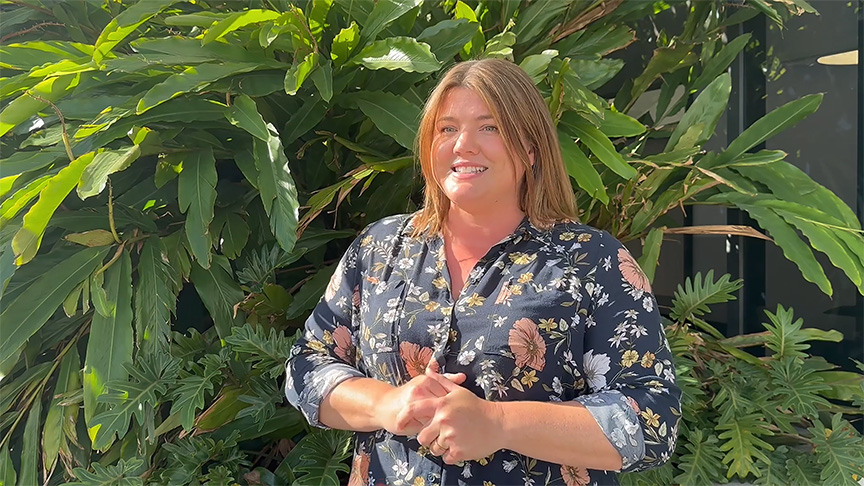
It can be all too easy to turn a blind eye to the leftovers and dishes on the table after a long Christmas lunch, but the Sunshine Coast Public Health Unit is reminding people to not be complacent about food safety, to stay happy and healthy for the holidays.
The team’s number one tip to steer clear from nasty germs and keep Christmas full of cheer, is to wash your hands regularly and thoroughly.
“That will be a great barrier to food poisoning bugs around your table,” Environmental Health Officer Jacqueline Tarry said.
Jacqueline also says it’s important to keep track of how long food has been out of the fridge and the temperature ‘danger zone’, when preparing, serving, and enjoying meals.
“There’s a 5–60-degree window that bacteria love to grow, so we need people to be making sure that they’re minimising the time their food sits in the temperature danger zone,” she said.
Food that’s been out of the fridge for under two hours is okay to keep, but it’s important to know that time limit is cumulative.
“Don’t forget that includes your preparation and the time it takes to transport it to wherever your festivities are taking place.”
When it reaches two to four hours out of the fridge, then it’s no longer okay for leftovers, and needs to be either eaten immediately or thrown out.
“Once you hit the four-hour zone, it’s no good and it has to go, so to avoid food wastage, put it away as quickly as possible.”
Jacqueline urges people to not take risks with food safety and remember the ‘sniff test’ is not a reliable method of checking if food is okay to eat.
“The pathogenic bacteria, the ones that would make you sick, don’t necessarily smell, so you can’t rely on whether your Christmas chicken smells really good a few days later,” she said.
When it comes to enjoying the leftovers, there’s a two-day limit before harmful bacteria will start to grow and could potentially make you sick.
“If in doubt, throw it out.”